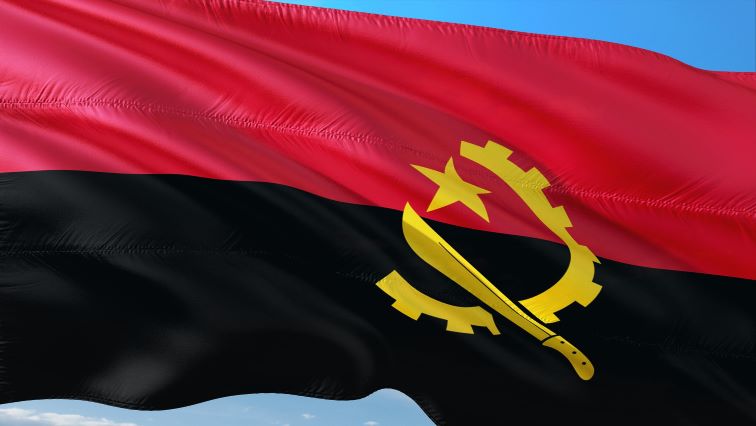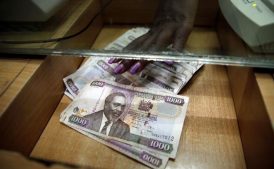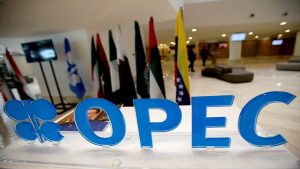Around 14 million Angolans at home and abroad will head to the polls on 24 August to vote in what is likely to be the tightest and tensest race since the first multi-party election in 1992.
In 2002, Angola emerged from a civil war that had killed more than half a million people following a 27-year power struggle between former liberation movements, the People’s Movement for the Liberation of Angola (MPLA), which has ruled since Angola’s independence from Portugal in 1975, and National Union for the Total Independence of Angola (UNITA).
Current President João Lourenço, from the MPLA, is seeking a second five-year term but leader of the opposition party UNITA, Adalberto Costa Júnior, is putting up a fight.
In May, an Afrobarometer survey showed that the proportion of Angolans favouring UNITA had increased from 13 percent in 2019 to 22 percent, putting the party seven points behind the MPLA. Nearly half of voters were still undecided, according to the survey.
The incumbent, Lourenço, was handpicked by his predecessor Jose Eduardo dos Santos, who stepped down in 2017 after four decades in power, and was applauded for swiftly moving to investigate allegations of corruption during the former president’s era.
But analysts said many of Lourenço’s reforms were for “external consumption” and did not translate into improvements to people’s lives in one of Africa’s most unequal countries.
Angola has entered the final stretch of the electoral campaign, in the upcoming general elections on August 24. | 🔗 https://t.co/izIAwCvPGY#ChannelAfrica pic.twitter.com/p0oSdxcBEK
— Channel Africa (@channelafrica1) August 15, 2022
Angolans abroad to vote for the first time
Thousands of Angolans living abroad will get to vote for the first time in their country’s election next week. Before the law changed last year, Angolan people had to travel home to exercise their voting right. Many Angolan expats, who will be voting for the first time in this election, have their reservations about the fairness and integrity of the vote.
The MPLA voted against creating an overseas constituency to allow those living abroad to vote for lawmakers that represent their interests. Analysts said this was deterring many from heading to the polls.
Johannesburg-based analyst Marisa Lourenço says the decision to now allow those residing outside Angola to vote was just a tactic.
“It sets him apart from his predecessor, which is something he has really focused on since he came to office,” says Lourenço.
Only 22 000 of the around 400 000 Angolans abroad registered to vote. To add to people’s frustrations, all ballots cast abroad and in all of Angola’s provinces, have to be sent to the country’s capital of Luanda and counted there, raising concerns about the potential of voter fraud, analysts say.
Many concerns remain just a week before polls open
Although Angola’s electoral commission, Comissão Nacional Eleitora (CNE) has given equal air time to all political parties, much of the media is controlled by the state and MPLA ends up getting more space, analysts say.
Political anthropologist Jon Schubert said MPLA controls electoral processes “from A to Z” and the 24 August election will be no different from previous ones.
UNITA has raised concerns that 2.5 million deceased people are registered to vote. In responding to this the electoral commission says that was likely because family members did not communicate the deaths to authorities or buried their loved ones in clandestine graves.
There is also apprehension about the insufficient number of election observers. There are expected to be just around 2 000 national observers and 50 international entities to monitor 26 000 voting tables in a country twice the size of France.
Members of civil society have urged people to remain at polling stations after they vote to monitor the process, but CNE chief, Manuel Pereira da Silva, has warned that such would be illegal. Pereira da Silva assures that the electoral process will be impartial and transparent.






